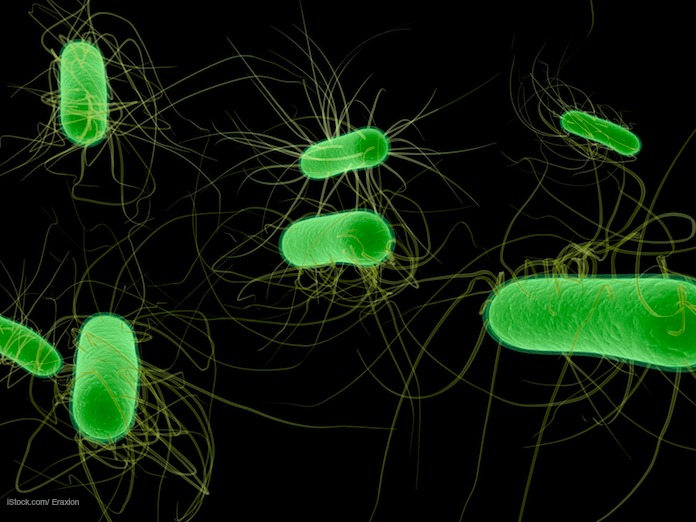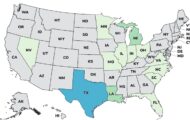The Journal of Food Protection has released a study looking at an E. coli O157:H7 outbreak in Canada in 2013 that was linked to raw milk cheese. In that outbreak, 29 people in five provinces were sickened with the outbreak strain of bacteria.

Five people were hospitalized in that outbreak, and one person died. Officials interviewed patients and found that twenty-six of twenty-seven people, or 90%, ate Gouda raw milk cheese that came from a dairy plant in British Columbia. All of the 22 patients who provided details about the cheese said that the Gouda cheese was made with raw milk.
Most raw milk cheese that has been aged is likely to not contain enough pathogenic bacteria to make someone sick. But this cheese had been aged for a minimum of 60 days. Officials found the outbreak strain of bacteria from the cheese, including “one core sample obtained from an intact cheese wheel 83 days after production.”
According to Health Canada, preliminary epidemiological information suggested that cheese products from Gort’s Gouda Cheese Farm were the potential source of this illness. The CFIA issued a health hazard alert to the public in September 2013, warning them not to eat certain raw milk cheese products because they may have been contaminated with the pathogenic bacteria. Gort’s Gouda Cheese Farm raw milk cheese products were recalled from the hotel, restaurant, and institution level by the company.
The CFIA tested more samples of the cheese that were part of the recall that were taken from consumer’s homes. The CFIA “reported five positive samples from unopened packages, and both the British Columbia Centre for Disease Control (BC CDC) and Alberta Health Services each reported one positive sample from an open package. All seven raw milk cheese products were reported positive for E. coli O157:H7and all seven positives had a genetic fingerprint that matched the outbreak strain.”
In the investigation, officials found “overall evidence … that there were a number of opportunities for contamination to occur in the earlier stages of the raw milk cheese manufacturing process. The potential for contamination during cutting, handling, and packaging was also found to be a possible risk factor.”
This outbreak was the third E. coli O157:H7 outbreak in North America that was traced to Gouda cheese made with raw milk. The study states, “These findings provide further evidence that a 60-day ripening period cannot ensure die-off of pathogens that might be present in raw milk Gouda cheese after production and have triggered an evaluation of processing conditions, physicochemical parameters, and options to mitigate the risk of E. coli O157:H7 infection associated with raw milk Gouda cheese produced in Canada.”
In 2017 in the United States, a Listeria monocytogenes outbreak that sickened 8 people was linked to Vulto Creamery raw soft milk cheese. Although that outbreak was small, it was serious. Two people died, and one illness was reported in a newborn baby.




